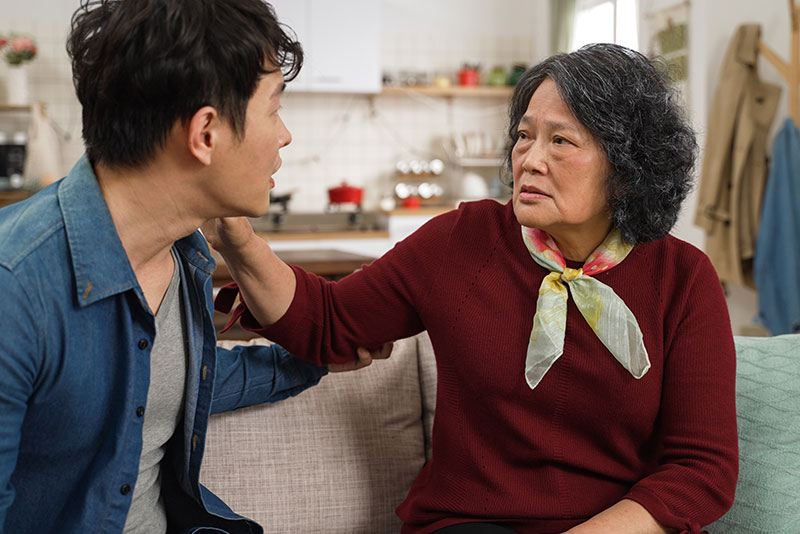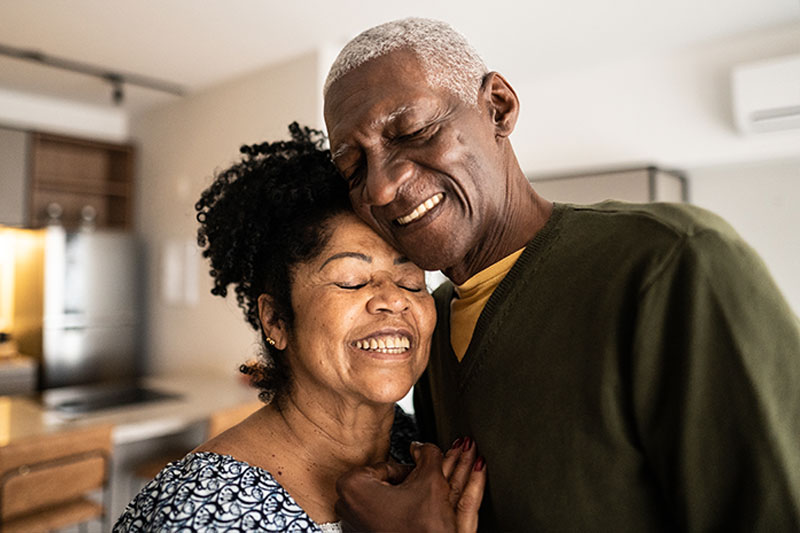How to Talk to Parents About Aging Issues
Perhaps you recall having “the talk” with your parents about those cringeworthy pre-teen topics. If you thought that was uncomfortable, brace yourself for how to talk to parents about aging issues and the need for care at home! This can be extremely difficult, for many reasons:
How to Talk to Parents About Aging Issues Read More »










